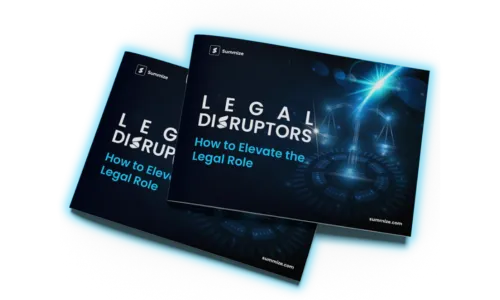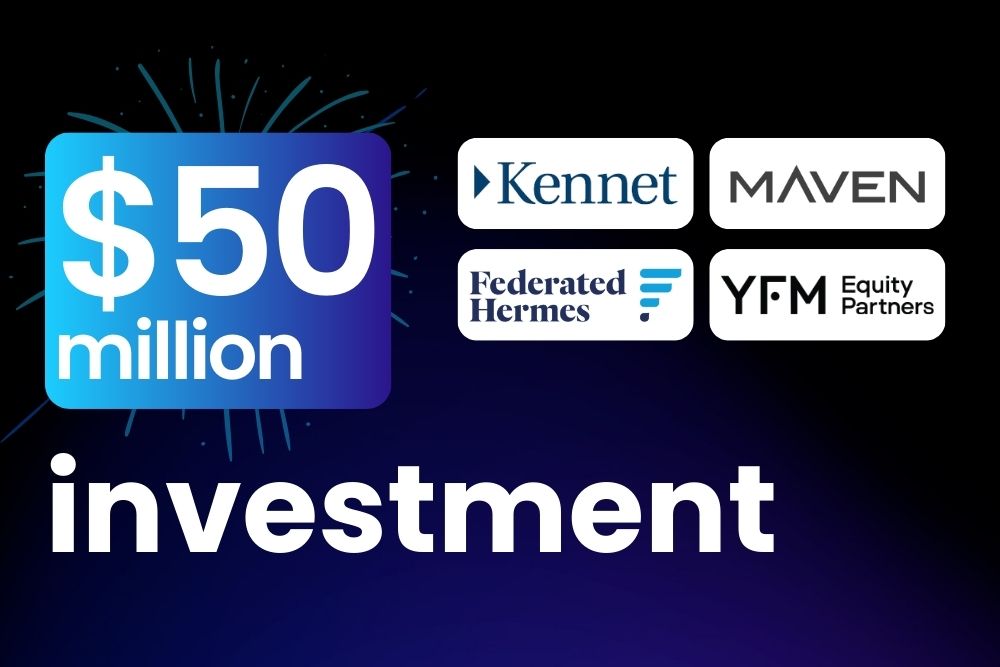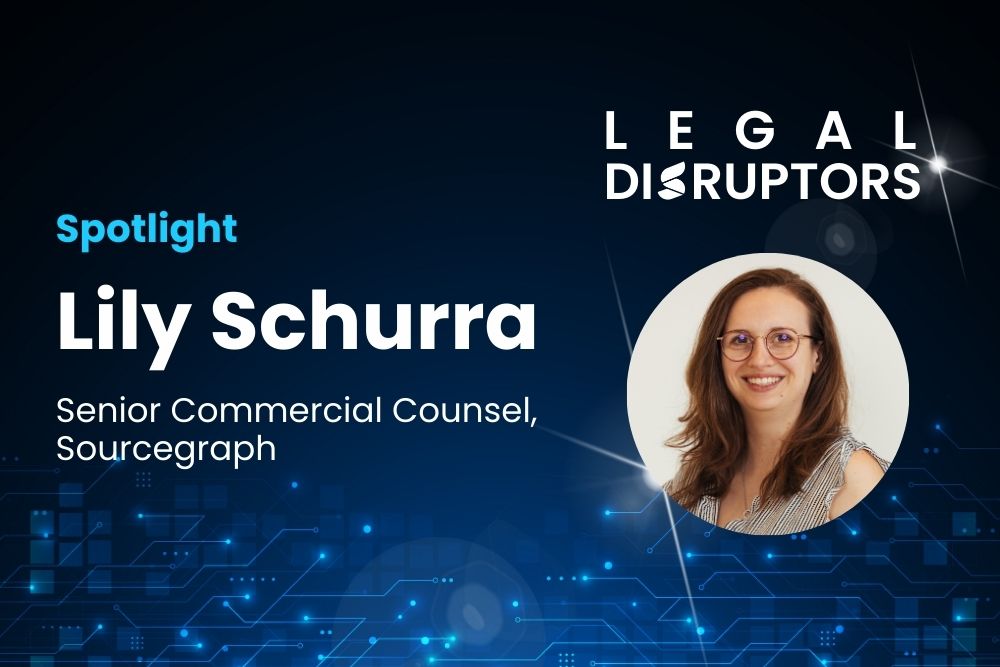Limitless Lawyer Podcast: Mindset & Entrepreneurship
On this episode of The Limitless Lawyer Podcast: Mindset and Entrepreneurship, Host Charlotte Smith is joined by Tom Dunlop, CEO and Founder of Summize.
July 14, 2021
December 19, 2025
In this episode of the Limitless Lawyer Podcast, host Charlotte Smith is joined by Tom Dunlop, Summize’s CEO and Co-founder. Charlotte, a former lawyer and leadership coach, is known for exploring what it truly means to build a fulfilling and high-impact legal career. Tom brings a fascinating and unconventional journey to the conversation, having transitioned from aspiring Olympic athlete to lawyer, in-house counsel, and ultimately founder of a fast-growing contract management platform.
Before founding Summize, Tom trained and practiced as a lawyer, worked in-house for high-growth technology companies, and competed internationally as a professional badminton player on track for the Olympics. Throughout the episode, Charlotte and Tom explore how these diverse experiences shaped his mindset, work ethic, and approach to entrepreneurship.
Choosing between passion and practicality
One of the most compelling parts of Tom’s story is the pivotal decision he faced early in life: whether to pursue a full-time career as a professional athlete or commit to law. As a junior international badminton player, Tom experienced the excitement of representing his country and competing globally. However, as he moved toward senior professional competition, the reality became far more solitary and uncertain.
Tom candidly shares how the loneliness of elite sport and the high personal risk involved ultimately led him to choose law. Importantly, this was not framed as abandoning a dream, but as recognizing where he could thrive long-term. This decision laid the foundation for a legal career that would later intersect naturally with technology and innovation.
The athlete mindset and continuous improvement
A recurring theme throughout the conversation is how Tom’s background as a professional athlete shaped his mindset. He describes adopting a philosophy of continuous improvement long before encountering it in business, focusing on marginal gains rather than dramatic breakthroughs. Early morning training sessions, disciplined routines, and attention to detail all contributed to a quiet confidence that he carried into his legal and entrepreneurial careers.
Rather than seeing success as the result of a single “silver bullet,” Tom emphasizes the power of small, consistent improvements over time. This mindset now underpins the culture at Summize, where learning, experimentation, and personal development are actively encouraged. It also challenges the high-pressure, perfection-driven norms that often exist within the legal profession.
Finding fulfilment in-house and in tech
Tom’s move from private practice to in-house roles marked a turning point in his legal career. While he enjoyed practicing law, he found greater satisfaction working closer to commercial decision-making, particularly within fast-growing software companies. Being embedded in entrepreneurial environments allowed him to combine legal expertise with creativity, problem-solving, and innovation.
This exposure to technology businesses also helped Tom identify inefficiencies in how contracts were reviewed, managed, and summarized. It planted the seeds for Summize, a product designed by a lawyer, for lawyers, with a deep understanding of real-world legal workflows.
Turning a pain point into a product
The idea for Summize emerged from a very practical frustration: being asked to review hundreds of contracts during a company acquisition using tools that were expensive, complex, or poorly suited to the task. Rather than trying to replace lawyers, Tom envisioned software that would work where lawyers already do, enhancing judgment rather than automating it away.
Summize now enables fast, flexible contract summaries directly within tools like Microsoft Word, Teams, and Slack. The focus is on ease of use, rapid value, and fitting seamlessly into existing workflows. Tom also speaks openly about the leap from entrepreneurial mindset to founder, highlighting that execution, risk tolerance, and committing fully are what turn ideas into real businesses.
Listen to the full conversation
This episode of the Limitless Lawyer Podcast is packed with insights on mindset, career transitions, entrepreneurship, and redefining success in the legal profession. Tom Dunlop’s story is both inspiring and refreshingly honest, offering valuable lessons for lawyers, founders, and anyone navigating high-performance careers.
To hear the full conversation and dive deeper into these themes, be sure to listen to the complete podcast episode at the start of the article.
And to explore more insights and useful guidance for any in-house legal professional, read more articles below.
Discover even more!
Explore more about contracting and CLM in our ultimate contract guides






.jpg)

